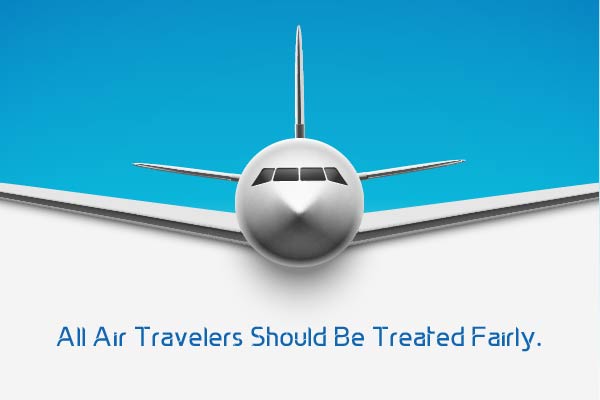Kiosk and Website Requirements

Incorporating the Aging Population into the Digital World
June 9, 2015
Mobile Accessibility Requirements
June 23, 2015When U.S. Transportation Secretary Anthony Foxx announced that the U.S. Department of Transportation would begin requiring airline websites and automated airport kiosks to be accessible to passengers with disabilities, it marked a continuation of the DOT’s efforts to ensure equal access to air transportation for travelers of all types. In addition to this effort, DOT will allow airlines to choose between stowing wheelchairs in a cabin compartment on new aircraft or strapping them to a row of seats, an option that will ensure that two manual, folding wheelchairs can be transported simultaneously. These new rules are part of DOT’s continuing implementation of the Air Carrier Access Act of 1986.
In an interview, Secretary Foxx said, “All air travelers should be treated fairly when they fly, regardless of any disabilities they may have.” When discussing the new set of rules set for airlines he stated, “These new rules build on our past work in ensuring that our air transportation system is accessible for everyone, while balancing both airlines’ and passengers’ need for flexibility.”
In these new requirements for websites and kiosks, covered airlines are required within two years to make pages of their websites that contain core travel information and services accessible to persons with disabilities, and to make all of their web pages accessible within three years. Websites are required to meet the standards for accessibility contained in the widely accepted Website Content Accessibility Guidelines (WCAG). The requirement applies to U.S. and foreign airlines with websites marketing air transportation to U.S. consumers for travel within, to or from the United States.
The rule also requires ticket agents to disclose and offer web-based deals and discounts to customers who are unable to use the sites due to a disability. Airlines are also forced to provide equivalent service for consumers who are unable to use inaccessible websites. Under the new rule, airlines must also offer the same service to passengers with disabilities who are unable to use their websites even if the websites meet the WCAG accessibility standards. By the same token, any automated kiosks installed at U.S. airports for services like printing boarding passes and baggage tags must be accessible to passengers with disabilities until at least 25 percent of all kiosks at each airport location are accessible.
By putting these requirements into law, we can provide a better platform for travelers with disabilities to have access to the same information as other travelers.





